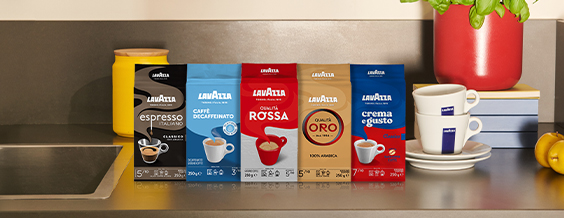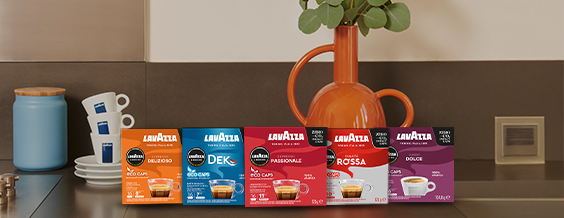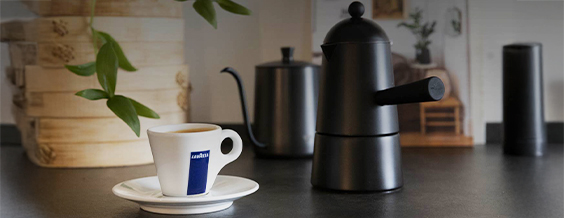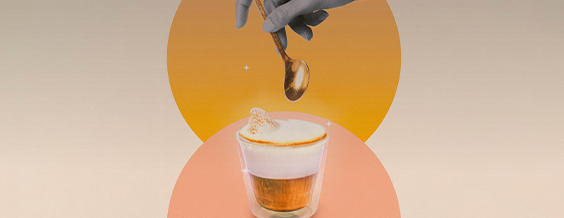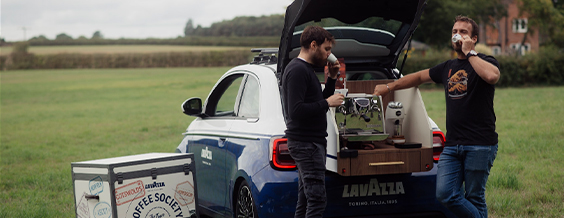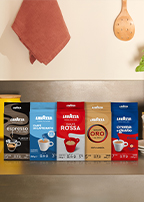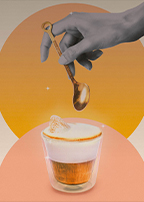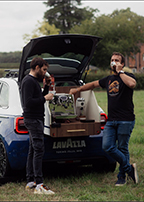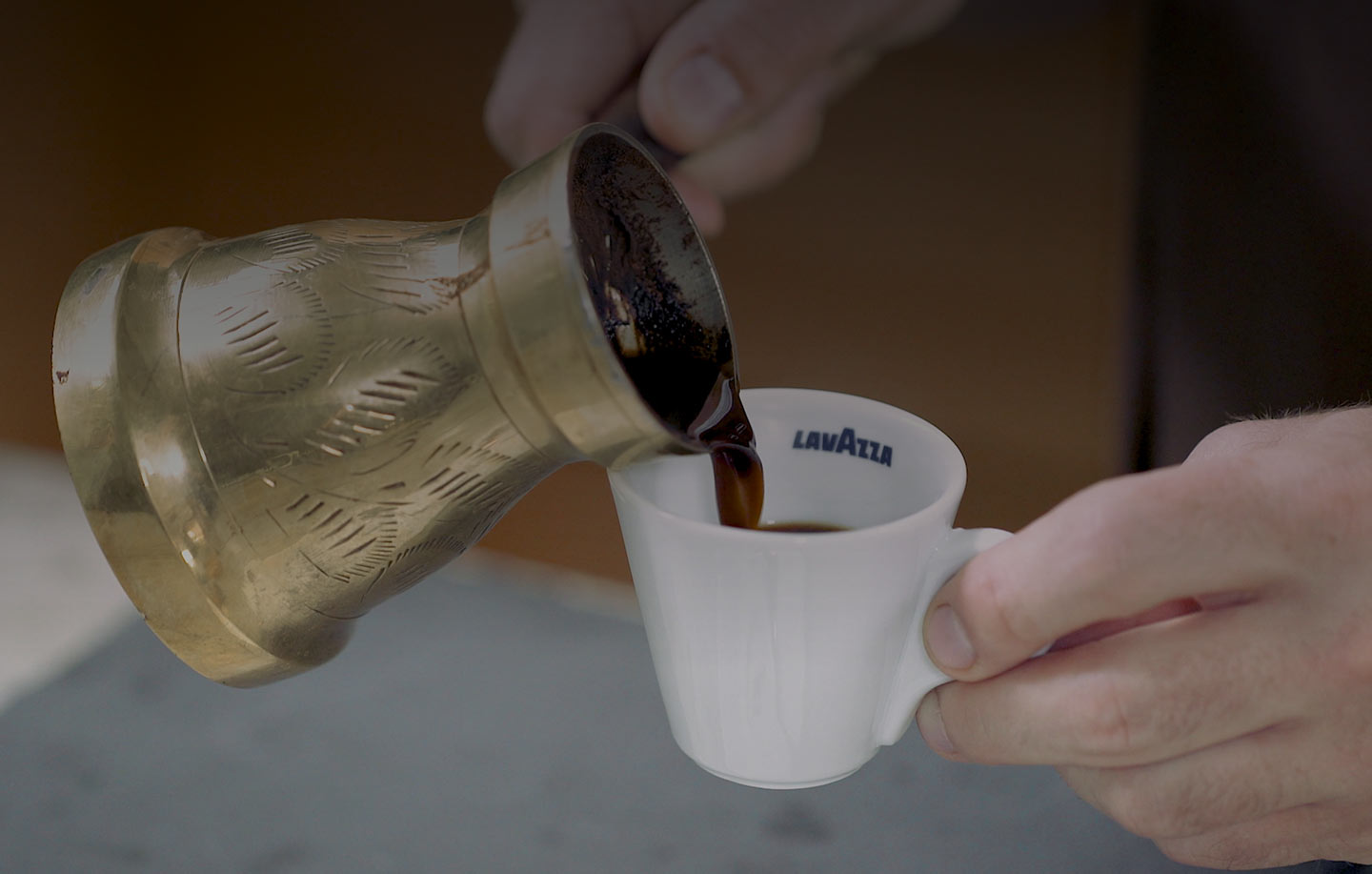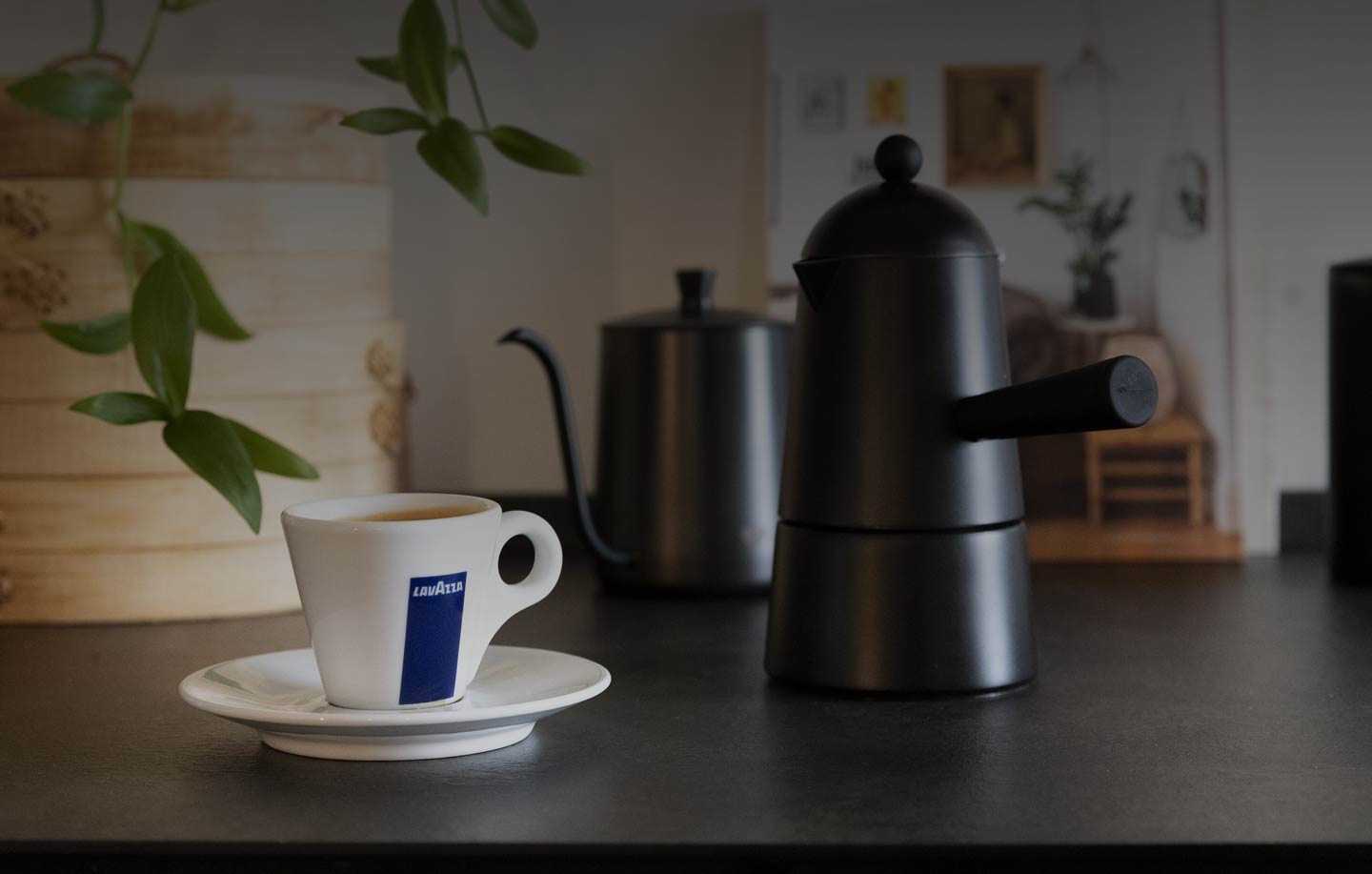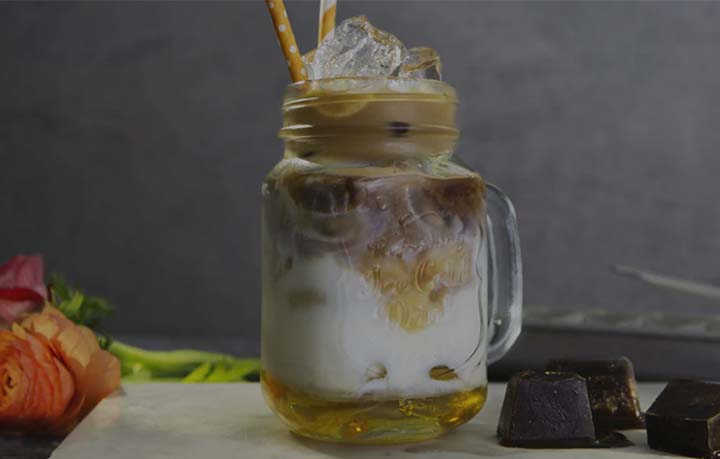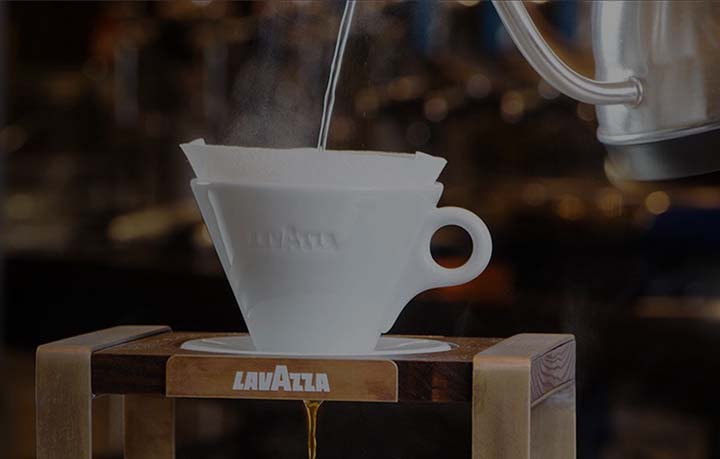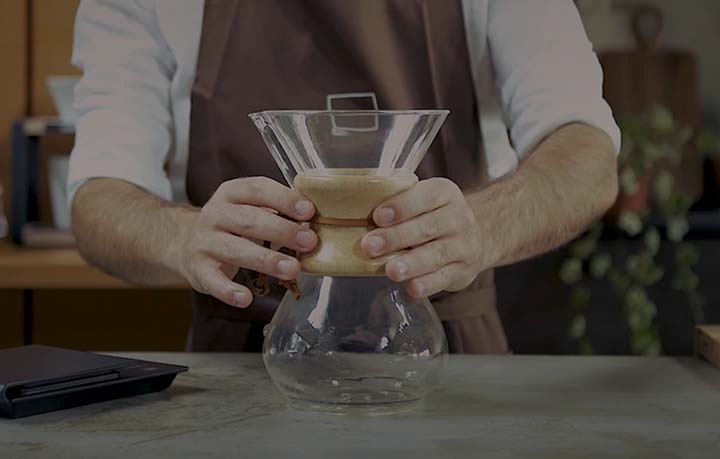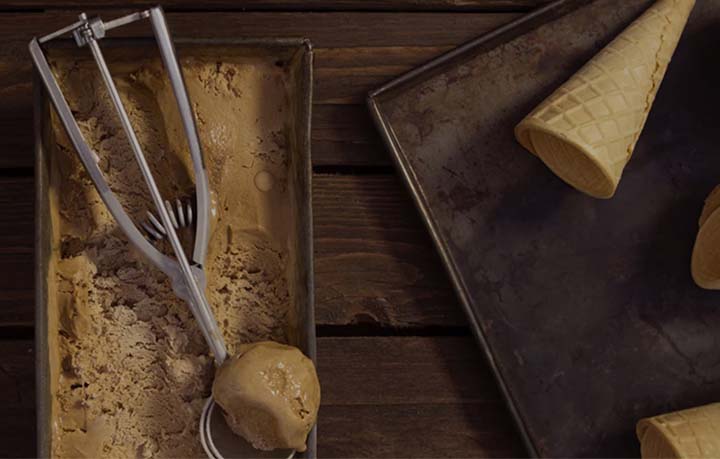*Lavazza is not affiliated with, endorsed or sponsored by Nespresso
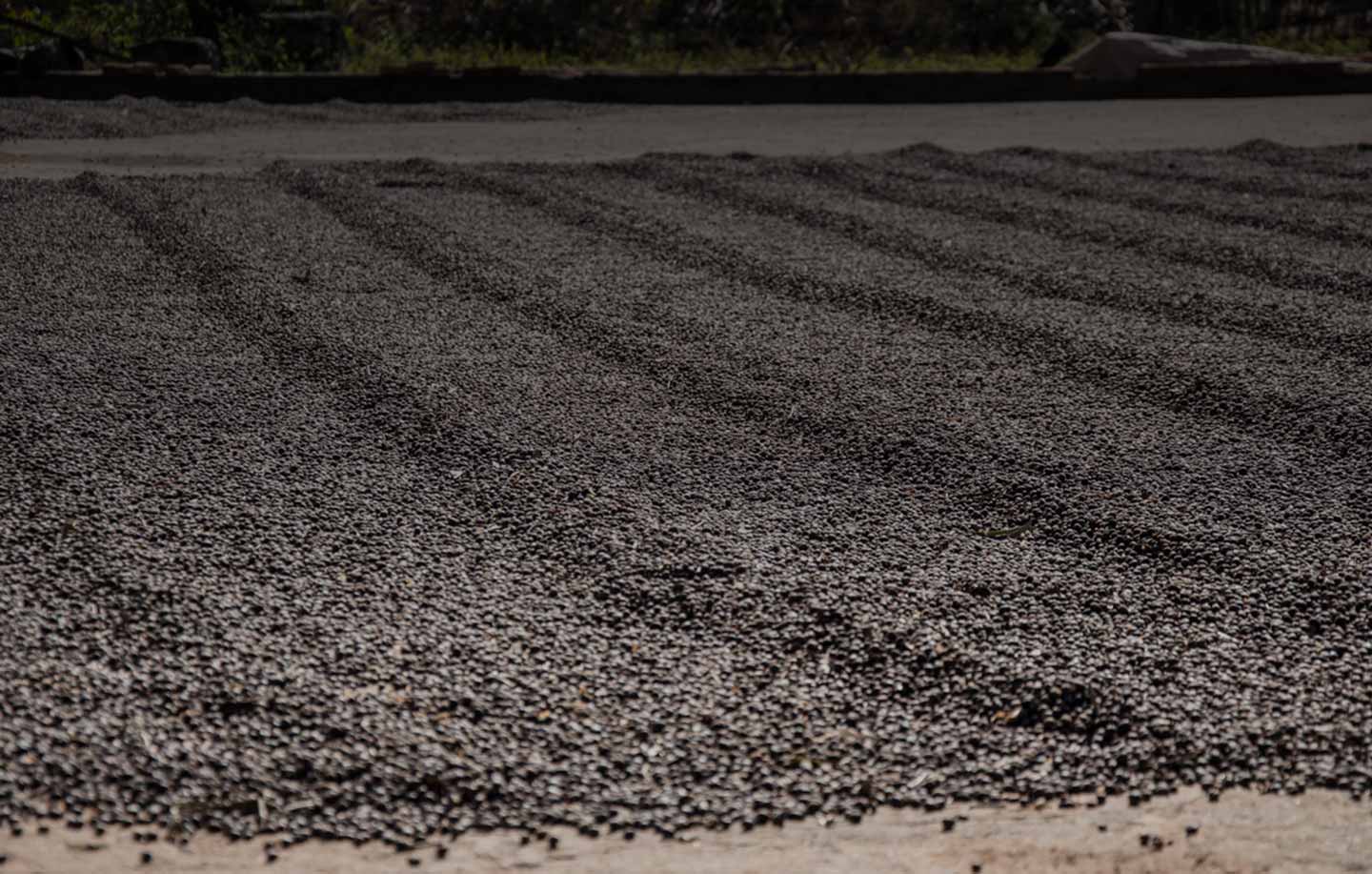
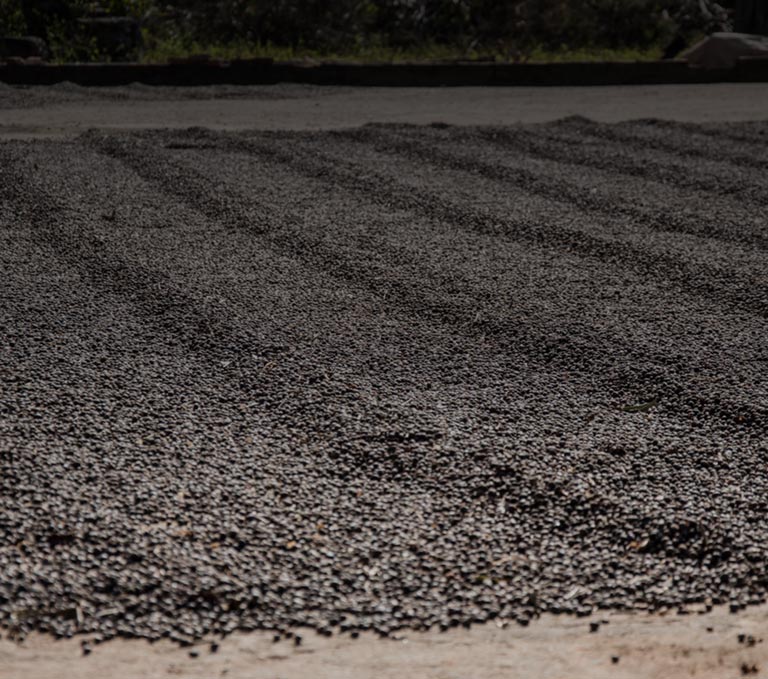
The History of coffee: from its origins to today
The history of coffee is certainly a fascinating epic, since it traces the itineraries that its famous and renowned beans have crossed through the centuries across the globe. At times smuggled or stolen from royalties and nobles, coffee is one of the products that would have irreversibly changed the global economy.
Coffee, in fact, is one of the world's most highly-consumed beverages, enjoyed by millions daily. Its rich history spans centuries and continents, from ancient Ethiopia to modern-day cafés worldwide. To find out where coffee comes from, as well as some interesting coffee trivia and historical facts, keep on reading.
The Origins: Who Discovered Coffee?
While coffee is known to have originated in the ancient highlands of Ethiopia, the story of its discovery is one steeped in an ancient Ethiopian Legend dating back to in 700 A.D., which narrates that coffee grown worldwide is to be traced back to the ancient coffee forests on the Abyssinian plateau.
According to folklore, a goat herder named Kaldi noticed his goats becoming unusually energetic after eating the red berries from a certain tree. Curious, Kaldi tried the berries himself and experienced a similar burst of energy. Excited by his discovery, he took the berries to a local monastery, where monks used them to create a drink that helped them stay awake during long hours of prayer. Energizing effect of those berries began to spread, reaching the Middle East and the Arabian Peninsula at first. Quickly thereafter, it began its throughout journey across the globe.
Another version of the legends claims that Kaldi shared these beans with a monk who at first disapproved their use and threw them into the fire. Surprisingly, the result was a wonderful and pleasing aroma leading to the first roasted coffee of all times. Shortly after, the beans were grounded and boiled to produce a beverage which had to be pretty similar to what nowadays we know as coffee.
While the exact details of coffee's discovery remain uncertain, its origin is firmly rooted in the Ethiopian region of Kaffa. From there, coffee spread to the Arabian Peninsula, where it began to be cultivated and traded.
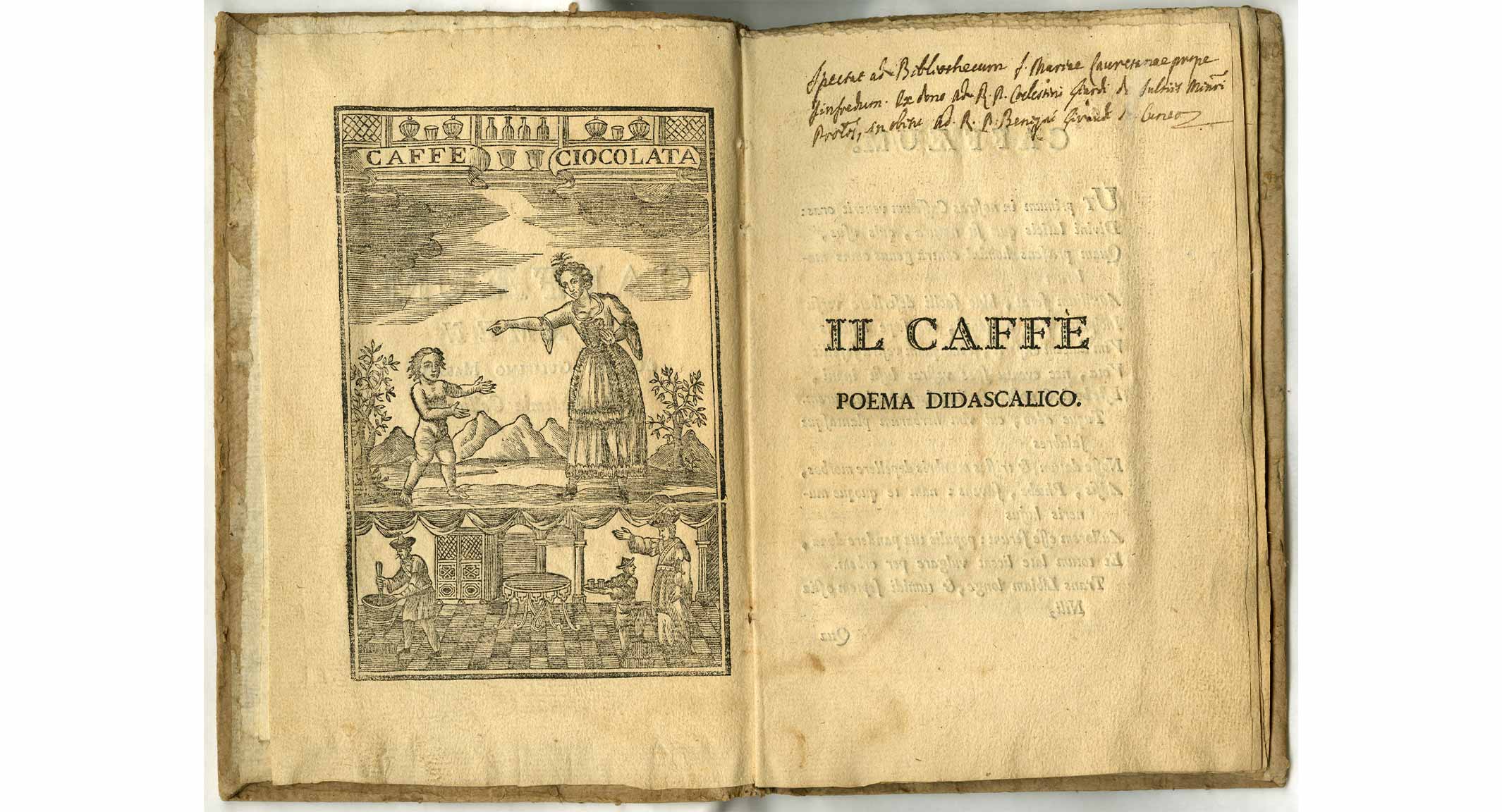
Best Historical Facts About Coffee
THE EARLY TRADE AND SPREAD OF COFFEE
By the 15th century, coffee had reached the Arabian Peninsula, specifically Yemen. It was here that coffee cultivation and trade truly began. Yemeni traders brought coffee beans back from Ethiopia, and Sufi monasteries in Yemen adopted the beverage to aid their long prayer sessions.
COFFEE’S INTRODUCTION TO EUROPE
Coffee had made its way to Europe by the 17th century, before the primary beverage of choice, even for breakfast, was beer, since the water supply of that time was too polluted to drink. Therefore, people were often experiencing a constant state of inebriation.
At the same time, the first European coffee house opened in Venice in 1645. Coffee houses, known as "penny universities" in England, became hubs of intellectual and social activity. Even prominent figures like Ludwig van Beethoven were known for their coffee preferences, with Beethoven famously insisting on using exactly 60 beans for each cup.
ORIGINS OF COFFEEHOUSE CULTURE
In the Ottoman Empire, coffeehouses were known as "qahveh khaneh" and served as important social and cultural centres. These establishments were not just for drinking coffee but also for discussing politics, engaging in debates, and enjoying music and performances.
THE INVENTION OF THE ESPRESSO
The modern espresso machine was invented in Torino, Italy in the early 20th century. Angelo Moriondo is credited with creating the first espresso machine in 1884, revolutionising how coffee was brewed and consumed around the world.
Traditions in Different Parts of the World
Coffee has become an integral part of many cultures, each with its unique traditions and methods of preparation. Here are some of the most curious and peculiar coffee traditions from around the world.
ETHIOPIA
In Ethiopia, the birthplace of coffee, the Buna is the traditional coffee ceremony. This ritual involves roasting raw coffee beans, grinding them, and brewing the coffee in a traditional pot called a "jebena." The ceremony is a social event, often accompanied by conversation and communal bonding.
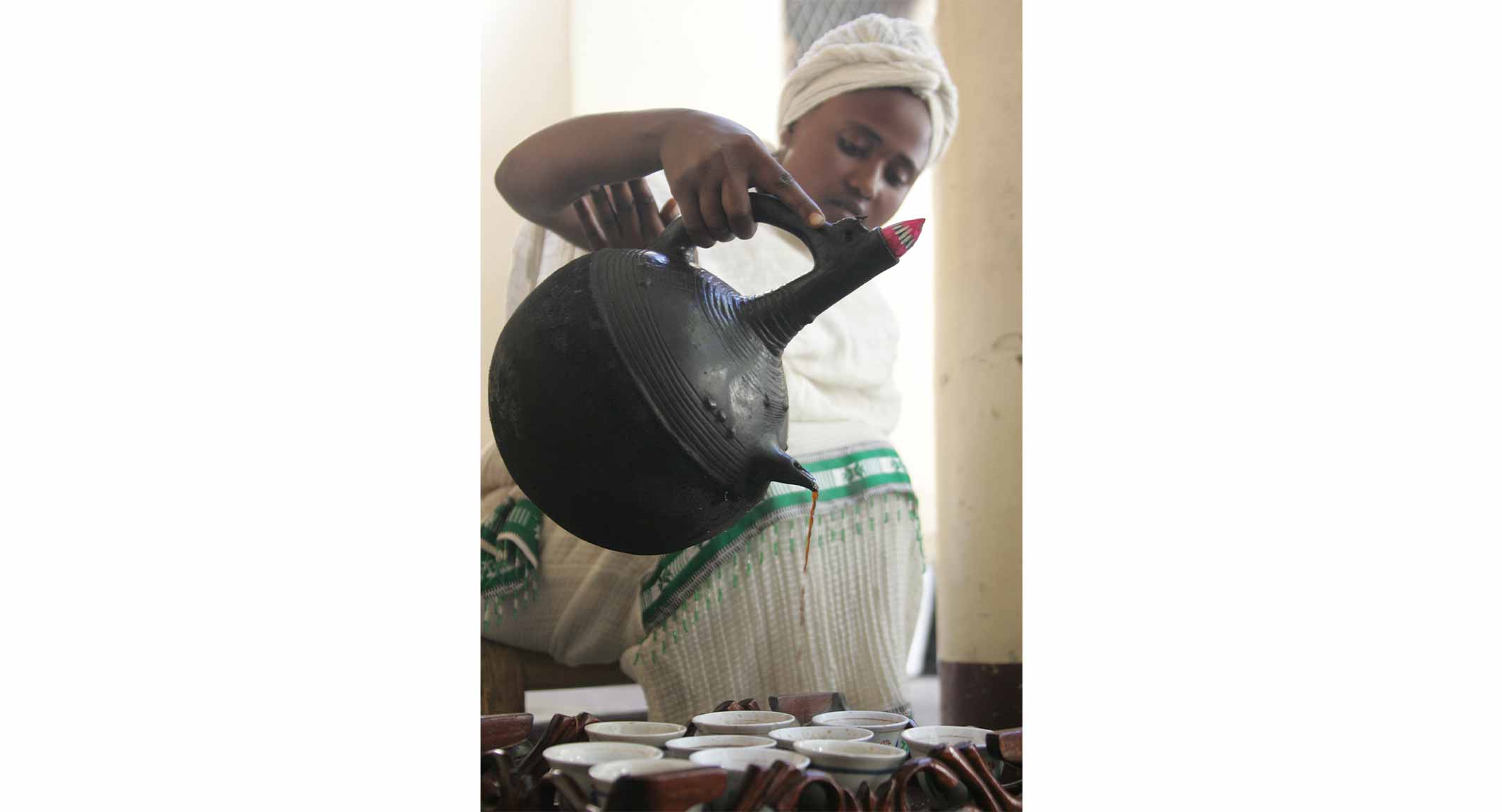
TURKEY
Turkish coffee is renowned for its strong flavour and unique preparation method. Finely ground coffee beans are simmered in a pot called a "cezve," often with sugar and cardamom. The resulting brew is thick and robust, served in small cups where the grounds settle at the bottom.
MOROCCO
The Moroccan Nous Nous is to be considered as another delight: meaning "half and half” and served in small glasses with a drop of sugar that makes it sweeter, it combines a strong brewed espresso and a glass of heated frothy milk.
Italy
Italy is synonymous with espresso, a strong and concentrated coffee made by forcing hot water through finely-ground coffee beans. Italians typically enjoy their espresso at cafés, while standing at the bar. The culture of "coffee to go" is less common in Italy, where coffee drinking is often a leisurely and social activity.
GREECE
Greek Frappé could definitely represent another great option. As symbol of the post-war Greek coffee culture, it consists in an easy-to-make instant ice coffee served in a tall glass topped by foam. All you need to brew is instant coffee, sugar, milk, water and ice cubes.
JAPAN
In Japan, coffee culture blends traditional tea ceremonies with modern influences. Japanese syphon coffee, brewed using a vacuum pot, is celebrated for its theatrical preparation and delicate flavour. In recent years, Japan has also embraced the third-wave coffee movement, focusing on high-quality beans and artisanal brewing methods.
LATIN AMERICA
Latin America can actually provide several different varieties when it comes to serving coffee.
- Café de Olla, brewed with dark roasted ground coffee, raw sugar, cinnamon and other spices, is really popular in Mexico, where it is served in a cup with an orange peel.
- Being an icon of the Cuban cultural lifestyle, coffee is highly appreciated over there. A Café Cubano is a tasty espresso shot including a thick layer of sweetened cream.
- While visiting Colombia, you can instead taste a delightful Café con leche, a quick and easy version of Coffee with milk prepared with freshly ground coffee beans and heated milk.
- Café Lagrima is considered an art in Argentinian cafes and turns out to be perfect for those who prefer less strong coffee, since it consists in an espresso cup filled with milk and stained with a drop of coffee.
BRAZIL
As one of the world's largest coffee producers, Brazil has a deep-rooted coffee culture. "Cafezinho," a small, strong cup of coffee, is a staple in Brazilian households and social gatherings. Coffee is often enjoyed black or with a small amount of sugar.




